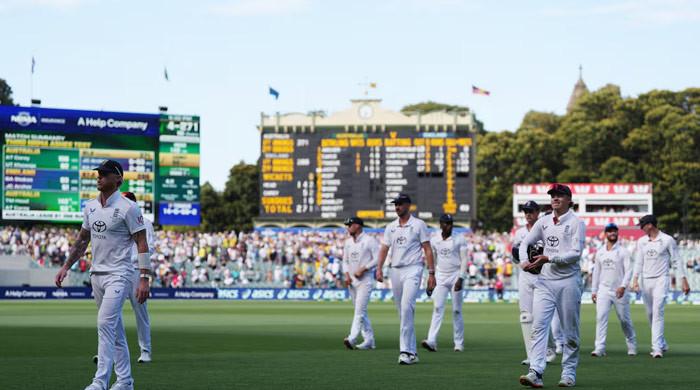Plans to return to training safer than shopping in supermarket: Ashley Giles
Ashley Giles says that players will train individually on a staggered basis with a coach and physio in attendance.
May 15, 2020

England Managing Director Ashley Giles on Thursday assured that initial plans for cricketers to return to training amid the coronavirus pandemic would be "safer than shopping".
But the former England spinner added that were international matches to take place amid the coronavirus it was "not realistic" for players to spend 10 weeks in squad quarantine away from their families.
The pandemic has delayed the start of the English cricket season until July 1 at the earliest.
But the England and Wales Cricket Board are still planning to stage a full home international programme starting with a three-Test series against the West Indies, originally, scheduled for June, now set to get underway in July.
Three more Tests against Pakistan follow, as well as limited-overs matches with Australia and Ireland.
Wednesday saw the British government publish guidelines on how elite sportsmen and women could return to training.
The ECB have responded by selecting a still-to-be announced training squad of 30 players, with bowlers leading the way at seven grounds from Wednesday of next week.
After a two-week period, once the bowlers have reached their desired loading efforts, batsmen and wicketkeepers will start their programmes, with 11 venues in all set to host training sessions.
By starting with the bowlers, England's attack should have seven weeks to get overs under the belts before the rescheduled first Test.
Players will train individually on a staggered basis with a coach and physio in attendance.
"This is individual-based training so in many ways we should be able to get control of the environment right so it's safer to go back to practice than it is to go to the supermarket," Giles told reporters in a conference call on Thursday.
Cricket West Indies chief executive Johnny Grave told the BBC there would be "no coercing players into touring, adding a UK death toll of more than 30,000 from the virus was a "massive figure" if you grew up in Caribbean country where that might represent half the total population.









